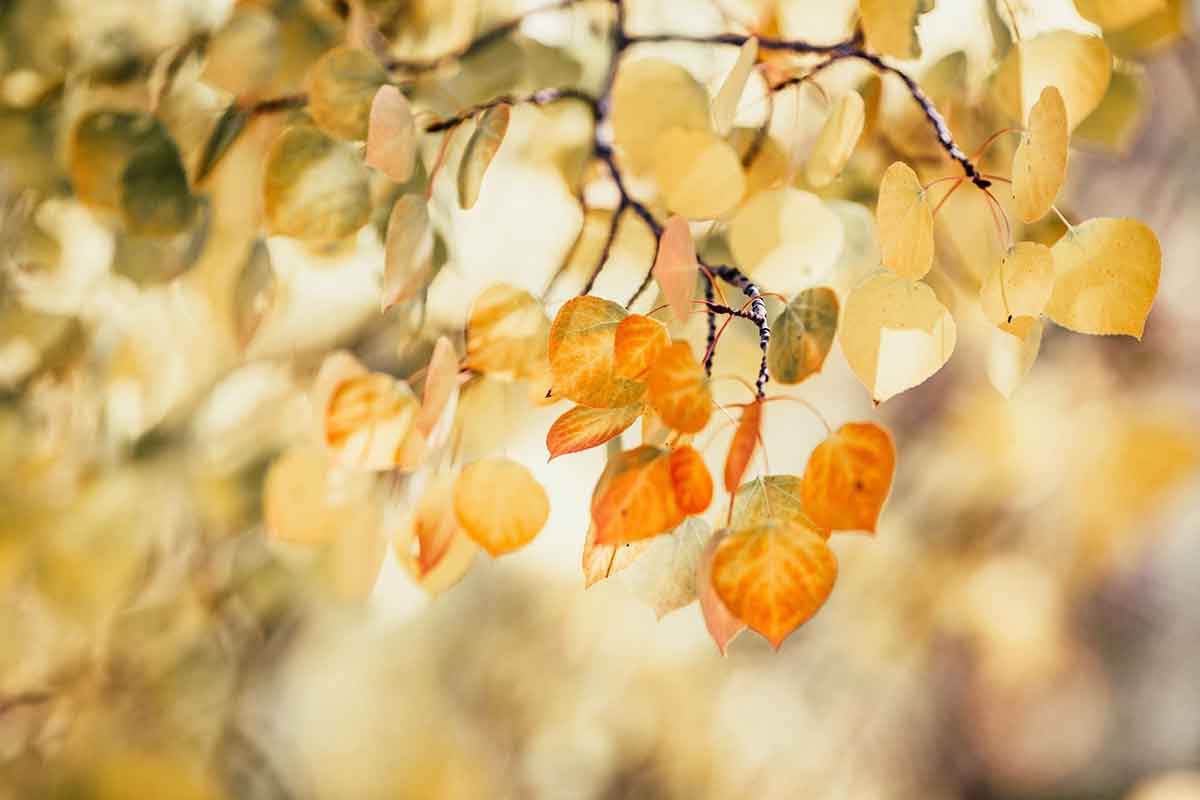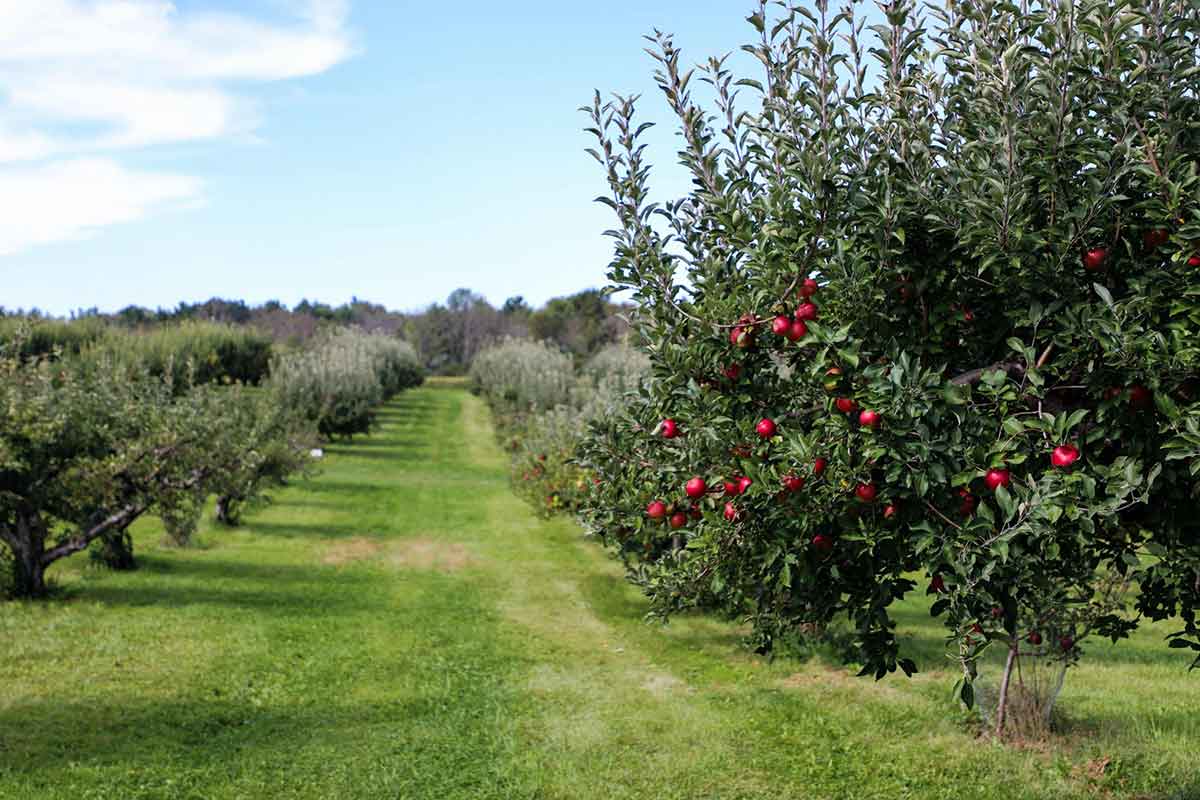Harvest season is well underway and the fruits of your labours are being reaped. But there’s no time to relax! It’s time to start planning for next year, both in the garden and on the farm. Just make sure to enjoy the views when you’re out and about, as the landscape changes from green to red, orange and gold.
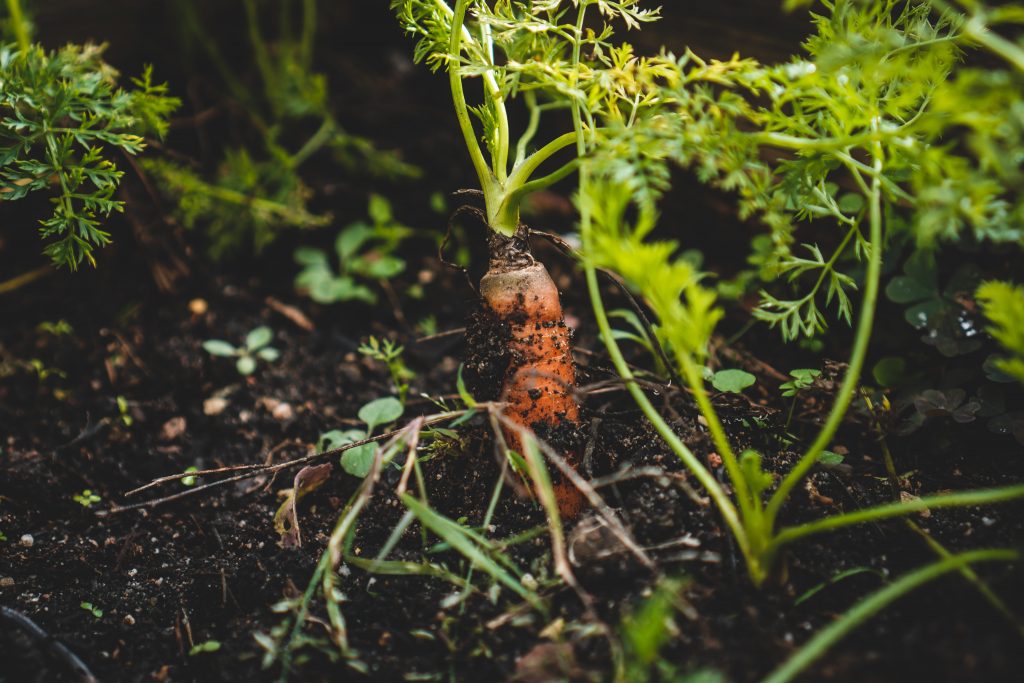
Plants
- Trees and Shrubs: plant or transplant evergreen shrubs and trees at the end of the month. Take semi-hard cuttings of evergreen conifers, holly, cherry laurel and aucuba.
- Hedges: plant evergreen hedging at the end of the month. Clip new growth early in the month for the last time in the season.
- Roses: deadhead, tie new shoots on climbers and be vigilant for diseases.
- Fruit: prune pinched out shoots and dead wood on fan-trained sweet cherry trees, protect autumn-fruiting strawberries from pests and cover with cloches in cold weather.
- Vegetables: plant spring cabbages in the north. Lift main crop carrots and store layered in deep boxes. Protect lettuces and spring cabbages under cloches. Sow carrots under cloches. Cut the tops off chicory before blanching
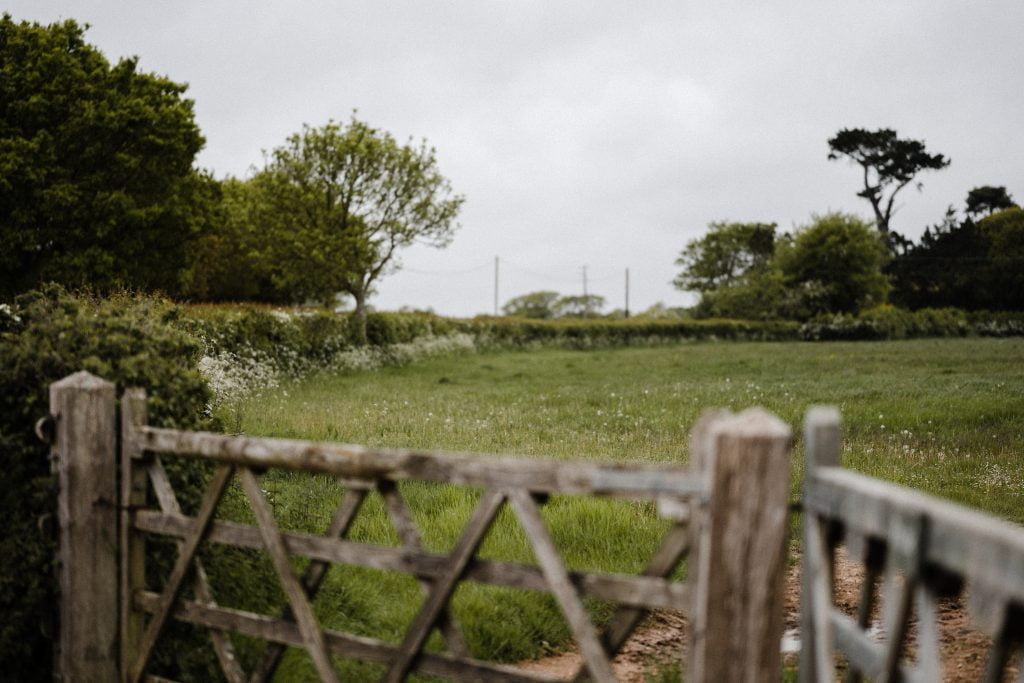
Lawn/Groundcare
- Paddocks:
- Remove thatch from fields with a 3 Way Chain Harrow on its most aggressive setting- both the William Hackett Drag Harrow and Framed Harrow will work a treat.
- Cut the grass and any overgrown areas with medium height blades using a Winton or Fleming Topper Mower, or an FTS or Winton Flail Mower for mulched cuttings.
- Aerate any areas with poor drainage with the Fleming Aerator.
- Lawns:
- Rake vigorously.
- Sow new lawns and re-seed worn areas.
- Mow with the blades set at medium height, an ideal job for the Winton or Agrint Finishing Mower.
- Aerate poorly drained lawns with a hollow tined fork.
- General: check that all gutters and drains are free of debris.
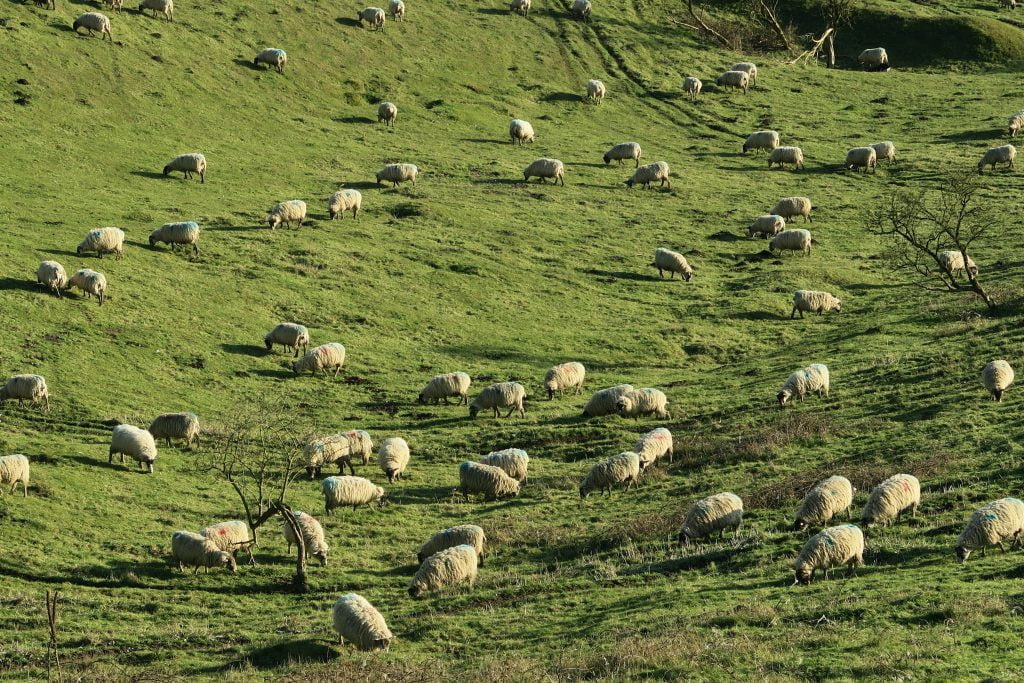
Farm Animal Care
- Sheep: prepare for gimmer and draft ewe sales. Sell wether lambs as they finish, or keep as store lambs for fattening. Wean the lambs.
- General: clear finished crops, bale and cart straw.
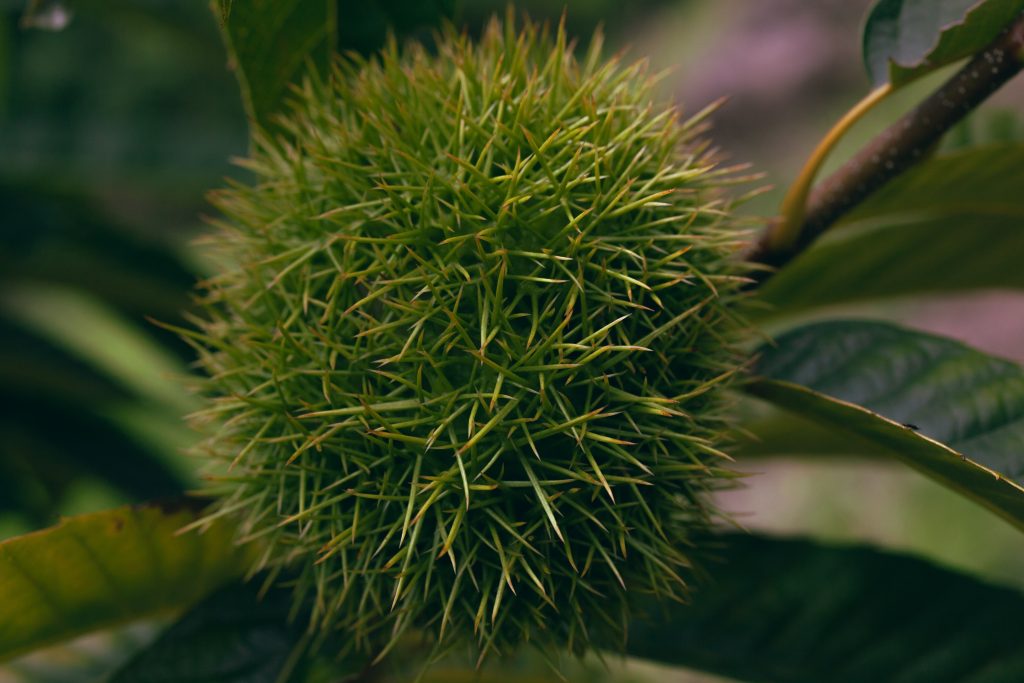
Foraging
- Berries:
- Hawthorn berries: great in jams, vinegar, ketchup, as well as making a great schnapps.
- Rosehips: best used for wine, jellies, jams, syrup and cordial.
- Sloes: most famous for gin.
- Wild raspberries: sharper than their tame cousins but with all the same uses.
- Bilberries (Wild blueberries): small but tasty, use as you would normal blueberries.
- Nuts and seeds:
- Sweet Chestnuts: try roasted then buttered and salted.
- Horse chestnuts: not edible but makes a fabulous soap.
- Poppies: good for sprinkling on bread, cakes and rolls.

